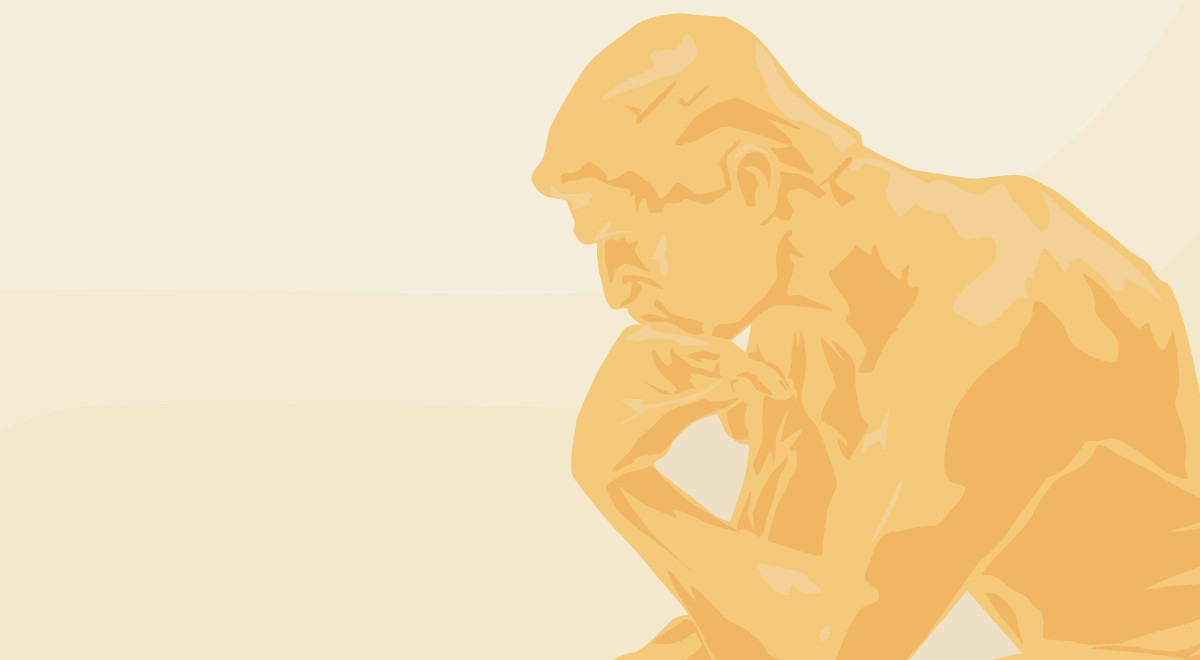2. It is both
better and fairer to compare yourself to the former ‘you’ than to others.
In old, small town America,
times were simpler. People were far more likely to feel confident in their
fields: the mechanic, a handful of teachers, and farmers, all living
serotonin-drenched existences, confident in and appreciated for what they
contributed. This could be why a disproportionate number of people
excelling in their respective domains come from small towns.
In the wake of rapid
urbanization, however, chances are you’ll end up somewhere in the middle of
the heap, no matter how talented a musician, chess player, writer or
athlete you are. We urbanites are keenly aware of our inadequacies, or at
least that there are many others who are more talented than we. Talents and
skills are not distributed evenly, nor are outcomes. What is more, even
well-intentioned attempts to ensure equal distribution and outcomes tend to
do more harm than good both to individuals and a society.
What is that voice inside
us, that critical spirit that is quick to condemn us, that whispers (or
shouts) that our mediocrity isn’t going to cut it. That voice can be a
vital, invigorating call to action, but if it turns us inward and leads us
to doubt the value and meaning of our efforts—it is prudent to stop
listening. Wisdom is what is needed—not noise.
Part of the problem is that
we operate by a false dichotomy of success and failure, instead of seeing a
sliding scale. Furthermore, we tend to view life as a game we are either
winning or losing. But there are many endeavors worth fighting for,
some of which you may be doing well at. It’s not just your career, but
family life, broader social life, and other hobbies in which you’ve
invested time.
Yet another point to
consider is that some games are so unique to you that it makes no sense to
compare your outcomes to those of others. When we take an isolated
quality in someone else and make it the standard by which we
justify our performance, we do ourselves and the person to whom we
are comparing ourselves a tremendous disservice.
Awareness of deficiency is
important and can be helpful, but self-flagellation gets us nowhere. We
constantly view our lives at Point A, where we currently are, and Point B,
the life we desire, the life aligned with our deepest values. Before
you move toward B, you must linger at Point A, and become an existential
building inspector, taking stock of your soul’s architecture. Look honestly
at the cracks, the shaky foundation, the pervasiveness of any mold or rot.
Demoralizing? Not necessarily. Life is a challenge which becomes meaningful
when we shoulder the responsibility of caring for ourselves.
See yourself as someone you
can help, not tear down. Unlike the past, the future isn’t set. Start
small, with an area of your life that you can add order to. Don’t be
self-punitive. You’re not perfect. Just make it your goal that, in
some small way, you will make life less chaotic by the end of that day.
What you aim for shapes what you see in the world. Aim for order.
You are on a journey of
self discovery. Instead of being a dictator with an endless list of
self-actualizing to-dos, make your goal increased awareness. As you learn
to tell the truth and be content with ‘good enough’ in the present, this
makes you less envious because you acknowledge another person has different
strengths, but a different set of problems. Their strengths will never
become solutions to your problems.
|



No comments:
Post a Comment